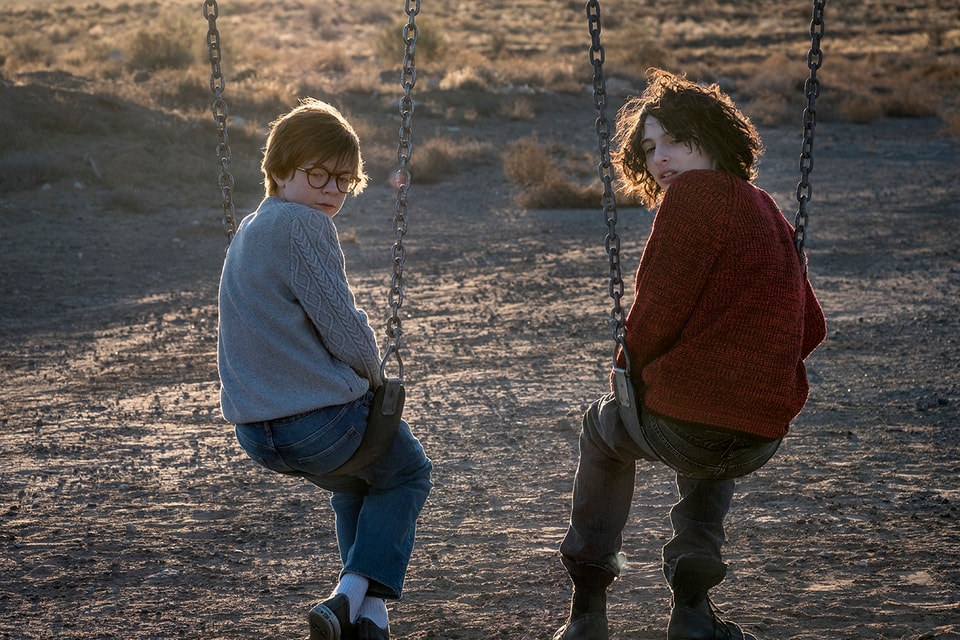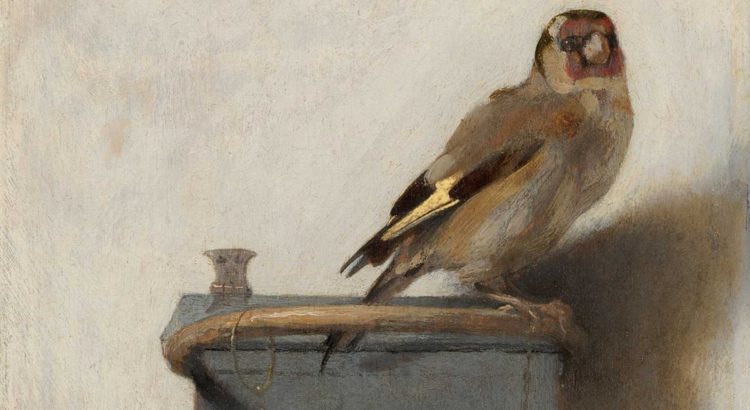/cdn.vox-cdn.com/uploads/chorus_image/image/65222820/goldfinch1.0.jpg)
The film develops as a succession of events after Theodore Decker’s mother is killed in an explosion at the Metropolitan Museum of Art, dividing its narrative between his childhood and adulthood. We come back in iterations of clarity to significant scenes as the narrative expands, watching the dust settle in the aftermath of the bombing again and again. Some parts of the film are slow like this, dwelling on memory as Theo does over the course of his life. Other times, the movie plays out like a supercut, in a series of incidents that seem to be only tied together by voiceover and poor symbolism.
There are a few moments in The Goldfinch that seem purposely paced, slow, and beautiful. The sequence of Theo’s life idling in the deserted outskirts of Las Vegas feels more personal than the rest of the film. Here, his character is developing and growing, as static as his grief might be. And with little distraction from outside forces, we become more intimately attuned to the feelings of the young Theo. His unhappiness is apparent, his boredom is tangible, and the friendship he develops with Boris has a natural, fresh progression with a soft sincerity.

Aside from the plot, the cinematography is beautiful all around — detailed with a strangely opulent look to it, even when the are scenes removed from anything glamourous. The Goldfinch frames shots with elegance; it is pretty, but lacks substantial depth in Theo’s adulthood narrative. The characters present in his later life are underused and underdeveloped.
Towards the end of the movie, the more the plot unfolds with lofty revelations and supposed emotional intensity, the more absurd it begins to feel. And the more it tries to reach for catharsis in the last stretch of the film, the more it becomes another incomprehensible event. The significance is lost somewhere in the disconnect between what is happening and what we should be feeling. The Goldfinch is clean, pretty, but a letdown as it feels like a continuous waiting for something to finally work.

Just as the character Hobie had taught Theo to recognize fake antiques by running his hands along the wood, we can touch this film, feel it, and know what it lacks to make it genuine.


